Over the last few years, you may have heard all about the greatness that are ozonators. Ozone, in fact, is a great swimming pool oxidizer, sanitizer, and is a safe alternative to chlorine. It destroys trash and kills bacteria simultaneously. Ozone does almost everything chlorine does and can perform at a higher efficiency. With that being said, do we recommend you to run out and purchase an ozonator immediately?
Not necessarily. And here’s why.
Before running out and buying an ozonator, there are a few things you might want to take into consideration. Did you know that despite the name, ozonators do not actually ozonate the water in your pool? Yup, you read that correctly. 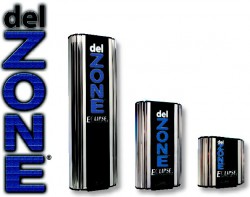 Swimming pool ozone systems only ozonate the water in your pipes. In fact, some only ozonate portions of the pipes. They are specifically designed to assure that no ozone ever reaches your swimming pool or the swimmers in it.
Swimming pool ozone systems only ozonate the water in your pipes. In fact, some only ozonate portions of the pipes. They are specifically designed to assure that no ozone ever reaches your swimming pool or the swimmers in it.
Why, you ask? Because ozone is poisonous. Yes, poisonous. Ozone is harmful to bacteria but also very harmful to humans as well. Like chlorine gas, ozone is poisonous, but neither are dangerous as long as they stay within the water. That’s where the problem arises. Unlike chlorine gas, ozone will not stay put in water. Therefore, the ozone must be removed before it reaches your pool.
Still, there are a lot of great benefits to ozonated swimming pools. There are incredible health benefits associated with ozone systems, but one of the main ones is the comfort of the water. Red eyes, rashes, faded swim suits, and other chlorine-related problems are no longer an issue. Ozone also eliminates pool odors common to traditional pools and oxidizes and destroys oils and other contaminants.
The underlying truth is that ozonators actually produce very little ozone. In an ideal pool environment, it takes approximately 3 to 4 days to completely ozonate a swimming pool. However, it will take weeks before a residential swimming pool is completely ozonated. This creates a tiny problem, unless you’re okay with swimming in last week’s flu water.
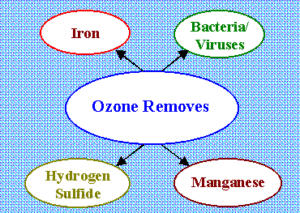
Because of this, you still must add chlorine or bromine to your pool so that there is an active ingredient killing germs where swimmers will be and not just in your pipes. When you chlorinate your pool, the chlorine is both in the swimming water and in your pipes.
Ozonators have the potential to perform really well, but are not ideal or practical for residential pool owners. Ozone has a very short half life. It cannot be stored, only used soon after it is produced. And although it is a lot stronger than chlorine, it alone is not a sufficient sanitization method for most swimming pools. It does not eliminate all swimming pool contaminants that are potentially dangerous to swimmers.

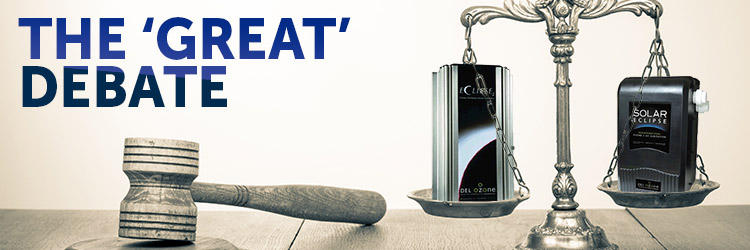


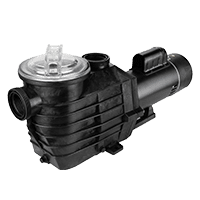
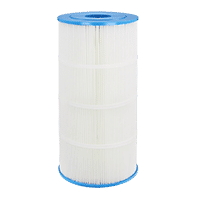
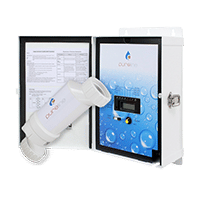
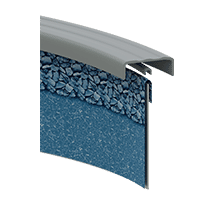

Leave a Reply